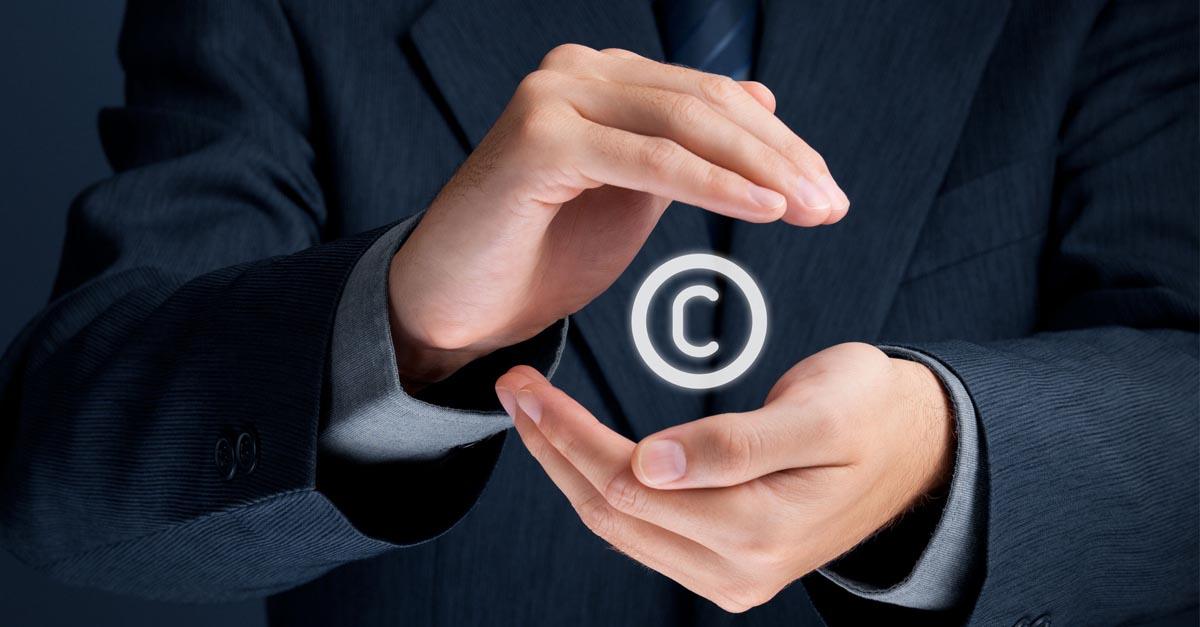Does the Intellectual Property Registry protect authors?

This is the question that the author of any literary, artistic or scientific work can ask himself.
Registration in the Intellectual Property Registration is not mandatory. The Law protects the author, without any prerequisite, for the mere fact of having created his work as long as it is original. The utility of registering any creation lies in obtaining proof of its authorship </ strong>. </ P>
The Registry cannot carry out an investigation work about the veracity in the authorship of the works. It only checks and contrasts the requests with the records that work in the agency itself; if it does not detect any impediment, it will grant the registration; It must be done within 6 months, so that after said period without an express resolution, the registration will be considered granted due to positive administrative silence.
The Law presumes, unless proven otherwise, that the registered rights really belong to their owner in the form that appears in the respective entry.
This is not the only way to show who owns a work. There are digital platforms, managed by private companies, where it is possible to register works.
The best known is Safe Creative that grants registration certificates with expression of the date and time. Another well-known non-profit organization in the international media is Creative Commons< /a> based in California (USA) that allows the registration of the exploitation licenses granted by the authors on their works.
The author can also make a deposit of his work before a notary stating that he is its creator. You can also provide yourself with any other alternative means to prove that you had in your possession the literary text, the computer program or any work precisely because you wrote, generated or developed them.
But all these formulas do not guarantee a solution to certain conflict situations.
What happens if a third party registers someone else’s work as their own?
It will be the courts that must decide who the author is, with the power to annul the fraudulent registration in the Registry of Intellectual Property or in any other private registry.
In order to demonstrate their right, it is advisable that authors require the signing of a confidentiality agreement (No Disclosure Agreement – “NDA”-) to those who deliver their creations.
More than one author has been surprised to find that their photographs, scores or sketches appear as the creation of others to whom they entrusted their work or who maliciously accessed it.</p >
And if someone claims exclusive authorship to the detriment of the other co-authors?
The rights of a collaborative work correspond to all its authors and for its disclosure, exploitation or modification the consent of all of them is required. p>
Anyone who participated as the author of a work and his identity was not indicated in the Intellectual Property Registry may appeal to the courts. He will have to prove co-authorship with him to alter the inscription in which he was omitted.
To specify the rights of those who participate in a work, it is convenient to sign a prior agreement. Regardless of the link that unites said authors (work, company, friendship, etc.), only a declaration signed by all of them will guarantee clarity in determining the degree of their participation in the work and the rights they hold. they correspond to each one.
Can you register the plot of a book or any work that is not yet finished?
The answer is no. Only finished works can access the Intellectual Property Registry. It is true that the author decides when he has finished his composition. But only the registration of finished works is allowed.
Those who want to protect the plot of an unfinished novel, the sketch of a design, or a computer program in development, should exercise extreme caution to prevent others from accessing that materials.
h3 style=”text-align: justify;”>Remedies to avoid appropriation by third parties can be:
- Shield your means of creation;
- Control access to your workplace;
- Identify works in progress from the beginning with the symbol © of the copyright and their own identity;
- Generate backups;
- Obtain statements signed by workers or collaborators;
- Have telematic proof of remittance of these previous works to their own email addresses.
In short, we recommend having means with which to demonstrate that this work in progress is the result of one’s own efforts.
Is the registration in the Spanish Registry effective abroad?
The certification of ownership granted by the Spanish Registry of Intellectual Property will not only serve to prove those rights in our country.
The courts of any member state of the Berne Convention will recognize that proof as apt to demonstrate authorship. The vast majority of developed countries form part of this Convention for the Protection of Literary and Artistic Works, signed in Berne on 09/09/1886 and revised for the last time in Paris on 07/24/1971.
All the Jurisdictions of the member states of this international Convention will give protection to whoever appears as the owner of the work registered in Spain provided that there is no evidence that disprove the presumption of ownership in their favor. Exactly the same as it would happen in a litigation that was processed before the Spanish courts.
Without prejudice to other alternative means, the registration of a work in the Intellectual Property Registry is always a recommended means of recognizing copyright strong>.



















